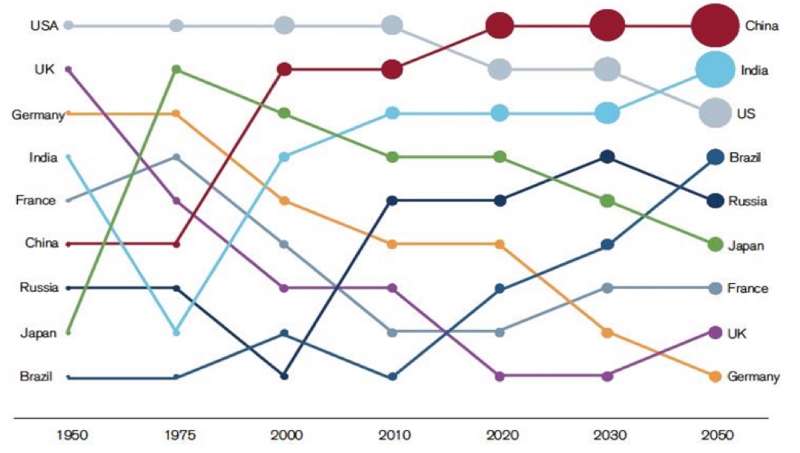In the book “The Art of Thinking Clearly” Rolf Dobelli starts the epilogue with the following:
The pope asked Michelangelo: “Tell me the secret of your genius. How have you created the statue of David, the masterpiece of all masterpieces?” Michelangelo’s answer: “It’s simple. I removed everything that is not David.”
Let’s be honest. We don’t know for sure what makes us successful. We can’t pinpoint exactly what makes us happy But we know with certainty what destroys success or happiness. This realization, as simple as it is, is fundamental: Negative knowledge (what not to do) is much more potent than positive knowledge (what to do).
Thinking more clearly and acting more shrewdly means adopting Michelangelo’s method: Don’t focus on David. Instead, focus on everything that is not David and chisel it away. In our case: Eliminate all errors and better thinking will follow.
The Greeks, Romans, and medieval thinkers had a term for this approach: via negativa. Literally, the negative path, the path of renunciation, of exclusion, of reduction. Theologians were the first to tread the via negativa: We cannot say what God is; we can only say what God is not. Applied to the present day: We cannot say what brings us success. We can pin down only what blocks or obliterates success. Eliminate the downside, the thinking errors, and the upside will take care of itself. That is all we need to know.
This is extremely applicable to decision-making and investing. Rather than focusing on getting it right, focus on not getting it wrong. Charlie Munger says “It is remarkable how much long-term advantage people like [Warren Buffett and myself] have gotten by trying to be consistently not stupid, instead of trying to be very intelligent.” Focus on eliminating errors in reason, as there are several dozen cognitive biases that affect everyday thinking, and go from there.
Why does this strategy work? For the most part, life is what is known as a “loser’s game.” In a winner’s game, the majority of the points are won; a good play made by the winner of the play. In a loser’s game, a majority of the points are lost; a bad play made by the loser of the play. Point being, we should focus on avoiding mistakes, not making great moves.





